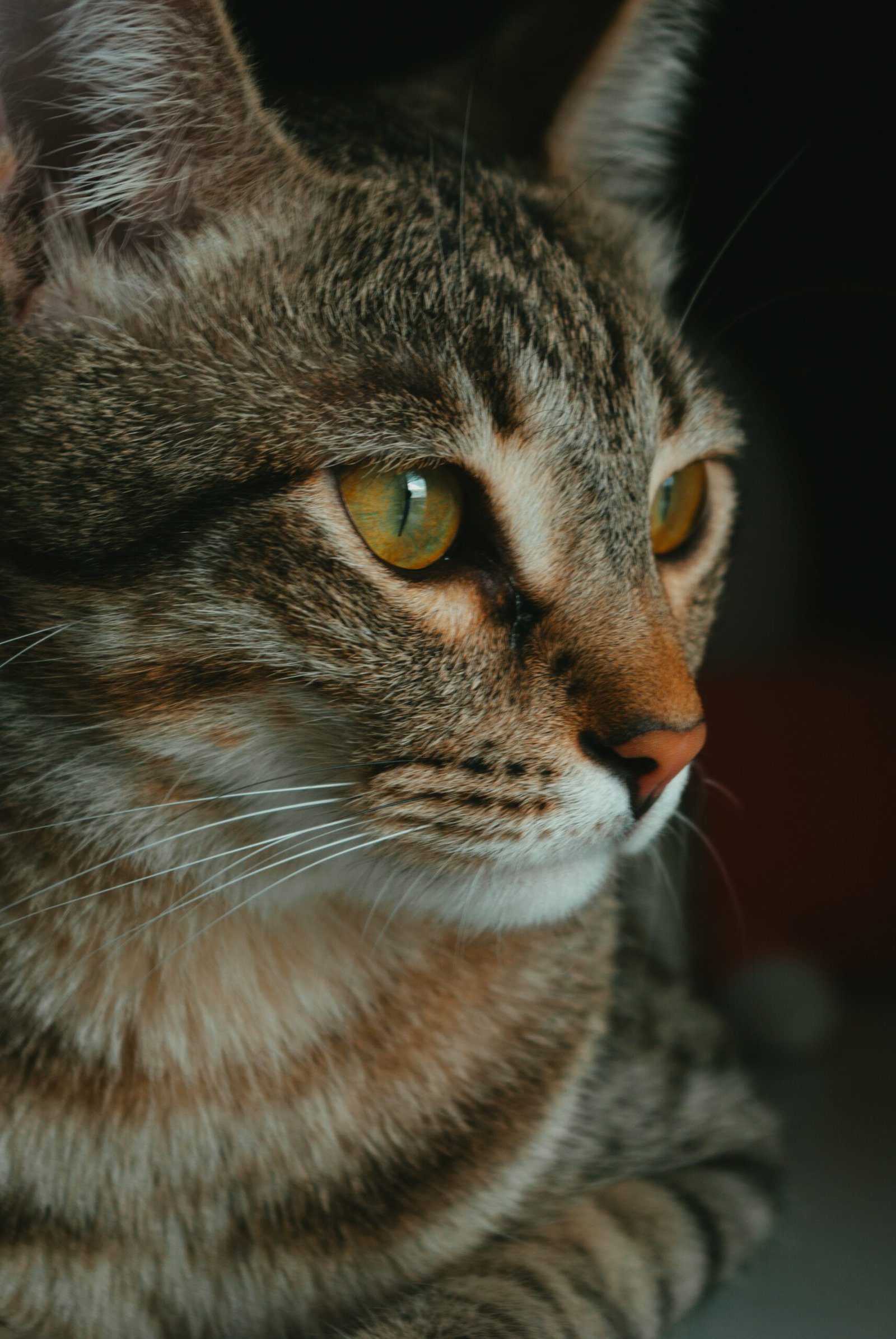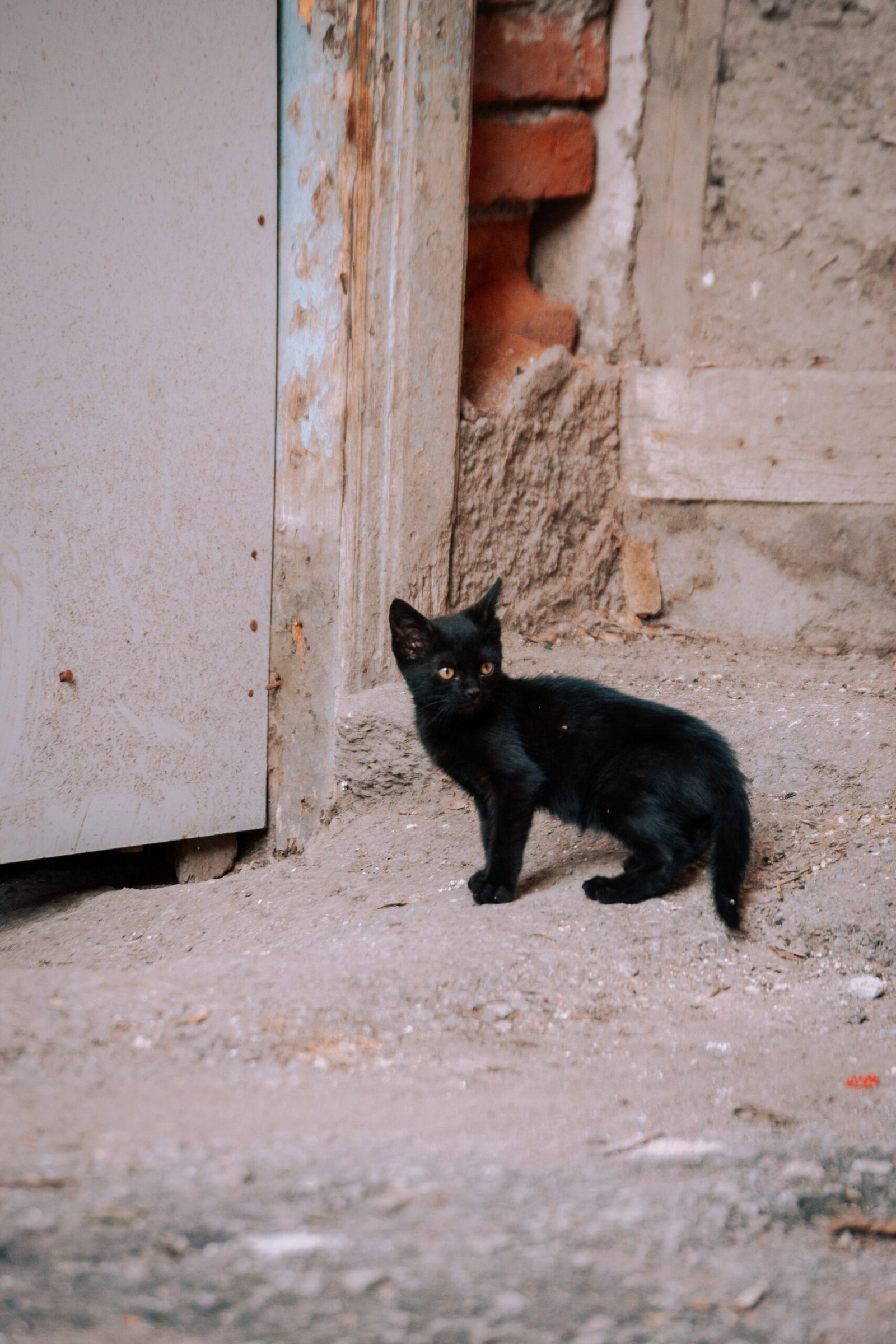Table of Contents
Did you know that capybaras, those adorable and friendly giant rodents native to South America, have been causing quite a stir among animal enthusiasts in the UK? With their cute faces and surprisingly docile nature, many people have been wondering whether these unique creatures are allowed as pets in the country. The answer to the question “Are Capybaras Legal in the UK?” may surprise you, as the laws surrounding keeping these furry companions can be quite complex.

Introduction
What are capybaras?
Capybaras are fascinating creatures that are native to South America. They are the largest rodents in the world, weighing up to 150 pounds and measuring over 4 feet in length. Despite their size, capybaras are known for their friendly and social nature, which has made them increasingly popular as pets in recent years.
Popularity as pets
In the UK, capybaras have gained a significant amount of attention as potential pets. Their unique appearance, gentle temperament, and reputation for forming strong bonds with their human owners have made them highly desirable among exotic pet enthusiasts. However, it is important to understand the legal implications and responsibilities that come with owning a capybara in the UK.
Importance of legality
Before considering a capybara as a pet, it is crucial to be aware of the legal aspects surrounding their ownership. In order to protect both the capybaras themselves and the welfare of potential owners, the UK has specific laws and regulations in place regarding the ownership of exotic animals. These laws are designed to ensure that the animals are properly cared for and that owners have the knowledge and resources to meet their needs.
Capybaras as Pets
Traits and characteristics
Capybaras possess a number of unique traits and characteristics that make them appealing as pets. They are highly sociable animals that thrive on companionship, whether it be with other capybaras or with humans. Their friendly and gentle nature makes them well-suited for households with children or other pets. Capybaras are also highly intelligent and can be easily trained, which adds to their appeal as pets.
Needs and care requirements
While capybaras make wonderful pets, they also have specific needs and care requirements that potential owners must be prepared to meet. These animals thrive in large, outdoor enclosures where they can graze and exhibit natural behaviors. It is important to provide them with access to clean water for swimming, as capybaras are semi-aquatic creatures. Additionally, capybaras have a special dietary requirement for grass and hay, which should be supplemented with fresh fruits and vegetables. Regular veterinary care and social interaction are also necessary for the overall health and well-being of capybaras.

UK Laws on Exotic Pets
Overview of UK laws
In the UK, the ownership of exotic pets is regulated by a set of laws aimed at protecting both the animals and the public. The main legislation governing this is the Dangerous Wild Animals Act 1976, which requires individuals who wish to keep certain types of exotic animals to obtain a license. The purpose of this act is to ensure that owners are capable of meeting the specific needs of these animals, while also preventing them from escaping and becoming a danger to the public.
The Dangerous Wild Animals Act 1976
Under the Dangerous Wild Animals Act 1976, capybaras are considered to be a species of “wild animal” that requires a license to be kept as a pet in the UK. This act sets out a list of animals that fall under this category, and capybaras are included in this list. The intent behind this regulation is to control the ownership of potentially dangerous animals and to ensure that they are kept in appropriate conditions.
Exemptions and licensing
While capybaras are generally included in the list of “wild animals” that require a license, there are exceptions based on individual circumstances. The local council has the authority to grant exemptions for certain situations, such as if the animal is housed in a zoo or under licensed educational or scientific purposes. However, for most individuals, obtaining a license from the local council is required in order to legally own a capybara in the UK.
Legal Status of Capybaras in the UK
Classification of capybaras
Capybaras are classified as exotic animals in the UK and are subject to regulation under the Dangerous Wild Animals Act 1976. As mentioned earlier, this means that individuals who wish to own a capybara must obtain a license from their local council. This classification recognizes the unique needs and characteristics of capybaras and ensures that their welfare is protected.
Ownership restrictions
It is important to note that not everyone can legally own a capybara in the UK. The legal requirements surrounding ownership include the ability to provide a suitable and secure enclosure, appropriate care, and a commitment to meeting the specific needs of the animal. The local council will assess these factors before granting a license, ensuring that capybaras are not kept by individuals who do not have the necessary knowledge or resources to care for them properly.
Pet trade regulations
The sale and trade of capybaras within the UK are also regulated by various laws and regulations. The trade in exotic animals must be conducted by licensed breeders or dealers who have met certain standards established by the government. This ensures that capybaras are sourced from reputable sources and have been appropriately cared for before being sold to potential owners.

Obtaining a Capybara in the UK
Finding a reputable breeder
When considering obtaining a capybara as a pet, it is essential to find a reputable breeder who specializes in exotic animals. Reputable breeders are knowledgeable about the specific needs of capybaras and can provide guidance on their care and maintenance. They will also ensure that the animals they sell have been bred in a safe and healthy environment, minimizing the risk of health issues or behavioral problems.
Importing capybaras
In some cases, potential owners may consider importing a capybara from outside the UK. However, it is important to be aware of the various legal requirements and regulations that govern the importation of exotic animals. These regulations are in place to prevent the introduction of diseases and to ensure the animals’ welfare during transportation. Importing a capybara should only be done through legitimate channels and with the necessary permits and documentation.
Considerations before getting one
Before deciding to get a capybara as a pet, it is crucial to consider various factors. These factors include the owner’s ability to provide a suitable enclosure, the time and resources required to care for the animal properly, and the potential long-term commitment involved. Potential owners must also consider their local council’s specific requirements and regulations regarding capybara ownership. It is essential to have a comprehensive understanding of the responsibilities and challenges that come with owning a capybara before bringing one into your home.
Housing and Care for Capybaras
Enclosure requirements
Capybaras need spacious outdoor enclosures to thrive. They are semi-aquatic animals and require access to water for swimming and cooling down. The enclosure should have a secure fence that prevents escape, as capybaras are natural wanderers. It should also have ample space for grazing, as they consume a diet primarily consisting of grass and hay. Providing a sheltered area for protection from the elements is also important. Regular maintenance of the enclosure, including cleaning and providing fresh water, is necessary to ensure the capybara’s health and well-being.
Diet and nutrition
A proper diet is essential for the health of capybaras. They require a high-fiber diet consisting primarily of grass and hay. Fresh fruits and vegetables can be provided as supplements, but these should be given in moderation. Ideally, capybaras should have access to grazing areas or should be provided with ample amounts of grass and hay. Supplements such as vitamin C may also be required, as capybaras cannot produce this vitamin on their own. Regular access to clean water for drinking and swimming is also crucial for their overall well-being.
Socialization and companionship
Capybaras are highly social animals and thrive on interaction and companionship. It is important to provide them with opportunities to socialize, either with other capybaras or with humans. If planning to keep a single capybara, it is important to spend a significant amount of time with them to ensure they do not become lonely or bored. Introducing them to other capybaras or providing them with suitable socialization opportunities can help prevent behavioral problems and promote their overall well-being.
Common Misconceptions about Capybaras in the UK
Legalities vs. rumors
There are often misconceptions and rumors surrounding the legality of owning capybaras in the UK. It is important to distinguish between accurate information and hearsay. While capybaras are legally allowed to be kept as pets in the UK under certain conditions, it is crucial to understand and comply with the specific regulations imposed by the local council. Relying on misinformation may lead to legal issues and harm the welfare of the animals.
Exotic pet trade concerns
The trade in exotic animals, including capybaras, has raised concerns about the welfare of these animals and their impacts on conservation efforts. While responsible breeders and reputable dealers prioritize the well-being of capybaras and ensure they are sourced ethically, it is essential for potential owners to be vigilant and research the background of the breeder or dealer they are considering. By supporting ethical breeding practices and being aware of the potential impacts on wild populations, potential owners can help ensure the responsible ownership of capybaras in the UK.
Case Studies: Capybara Ownership in the UK
Personal experiences of capybara owners
There are several capybara owners in the UK who can provide insights into the joys and challenges of owning these unique animals. Personal experiences of capybara owners can shed light on the day-to-day life with capybaras, their social interactions, and the level of commitment required to meet their needs. Hearing from experienced owners can help potential owners make informed decisions about whether a capybara is the right pet for them.
Challenges and rewards of ownership
Owning a capybara comes with its own set of challenges and rewards. While capybaras are known for their friendly and sociable nature, they also require a significant amount of time, effort, and resources to ensure their well-being. Their enclosure and dietary needs, as well as the need for social interaction and companionship, can be demanding. However, the rewards of owning a capybara include the unique bond that can be formed with these intelligent animals and the joy they bring to their owners’ lives.
Alternatives to Capybaras
Similar pet options
For individuals who are unable to own a capybara or are looking for other options, there are several similar animals that may be suitable as pets. Guinea pigs, for example, are small, sociable rodents that make great companions and are easier to care for than capybaras. Rabbits, chinchillas, and ferrets are also popular choices for exotic pet enthusiasts, offering their own unique qualities and requirements. It is crucial to research each species thoroughly to ensure that their needs can be met before bringing them into your home.
Considerations for different species
When considering alternative pet options, it is essential to consider the specific needs and requirements of each species. Each animal has its own set of dietary, housing, and care requirements that must be met to ensure their well-being. Researching the unique characteristics and needs of each species and considering personal circumstances is necessary to choose the right pet that aligns with your capabilities and lifestyle.
Conclusion
Summary of capybara legality in the UK
Capybaras are legal to own as pets in the UK under specific conditions and regulations. The Dangerous Wild Animals Act 1976 sets out the licensing requirements and regulations surrounding their ownership. It is important for potential owners to research and comply with the specific regulations imposed by their local council. Failure to do so may result in legal consequences and harm to the welfare of capybaras.
Responsibility and education for potential owners
Owning a capybara requires a significant amount of responsibility, resources, and commitment. Potential owners must thoroughly research the needs and requirements of capybaras to ensure they can provide an appropriate environment and care. Responsible ownership includes understanding and complying with the legal regulations, supporting reputable breeders and dealers, and being proactive in promoting the well-being of capybaras in the UK. By educating themselves and seeking guidance from experienced capybara owners, potential owners can make informed decisions and provide the best possible care for these remarkable animals.

